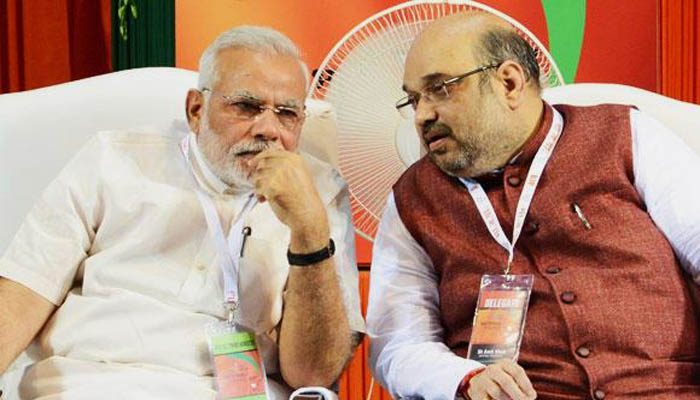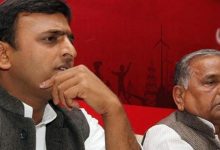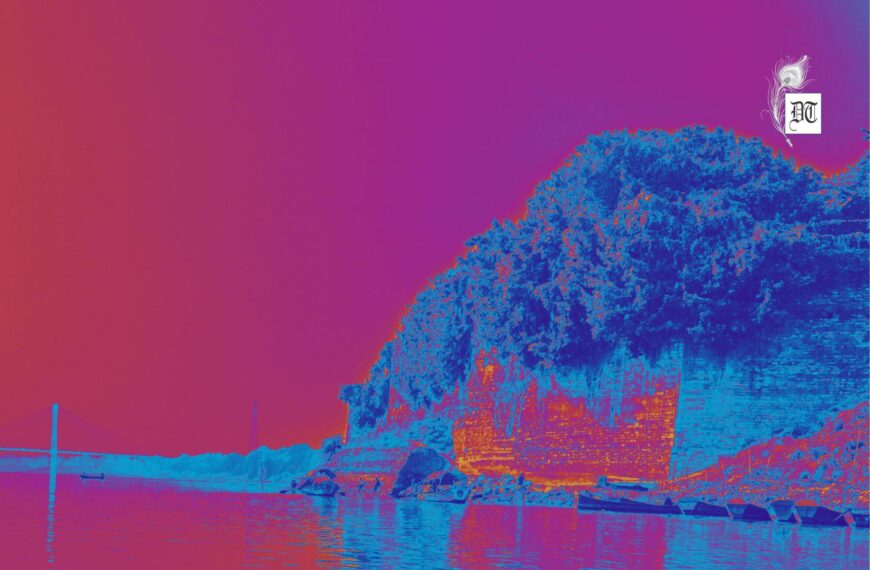The judiciary’s call for updating the National Register of Citizens (NRC) in Assam which is bound to add zest to the BJP’s campaign against illegal immigrants, enabling it to accuse its political opponents of having done nothing to evict them in order to use the “aliens” as their vote bank. A report for Different Truths.
Inadvertently, the Supreme Court has handed the BJP a convenient issue for exploitation in the forthcoming elections. It is the judiciary’s call for updating the National Register of Citizens (NRC) in Assam which is bound to add zest to the BJP’s campaign against illegal immigrants, enabling it to accuse its political opponents of having done nothing to evict them in order to use the “aliens” as their vote bank.
However, the court’s objective cannot be faulted. Given the prevailing suspicion about infiltration from Bangladesh for decades, a headcount was theoretically necessary to determine their numbers. Indeed, that was the purpose of the Assam accord of 1985. But the practical fallout of such a census operation can be a matter of concern because of the resultant administrative and humanitarian problems.
In calling for the enumeration to be resumed in accordance with the accord, the judiciary does not seem to have taken into account the reason why the process of preparing a list of citizens hadn’t gone forward. The BJP’s explanation for this lapse is simple. It is that the Congress did not want to seriously undertake the exercise because it wanted the immigrants to stay on as the party’s block of supporters.
But the actual reason is far more complex. It is that Assam has seen people from East Bengal pour into the state for over a century. If the influx did not stop after Partition either in Assam or along other borders such as in West Bengal, it is because India has generally been seen as a country which offers more opportunities for livelihood than what either East Pakistan did or Bangladesh does now.
Moreover, the presence in Assam of several generations of East Bengalis made it easy for the immigrants of the later periods to find employment either on the agricultural lands or elsewhere and be absorbed by the community. It is easy to understand that to separate the older, legitimate citizens from the newer, illegal immigrants is a near-impossible task fraught with the possibility of a social upheaval.
It is to avoid such a turmoil that successive governments of both the Congress and the Asom Gana Parishad (AGP), which led the agitation to identify the “aliens”, tended to go slow in implementing the accord’s directive to detect the immigrants who entered the state after 1971 and deport them.
Since the AGP saw how its anti-foreigner agitation (1979-85) frightened even the legitimate citizens like the Bengali Hindus, it realized how difficult would be the task of detection. Besides, both the Congress and the AGP knew that even if a number of illegals were identified, they could not be deported because Bangladesh has flatly refused to accept them, claiming that no exfiltration has taken place into India from its side of the border.
In such a situation, the NRC can prove to be a non-starter in Assam in view of, first, the enormous difficulties of preparing a foolproof document and, secondly, of evicting those who do not find their names on the register.
The BJP, however, has never been bothered by such problems. With its single-minded focus on demonising Muslims in Assam and elsewhere in India, its sole objective apparently is to pose as nationalists who are dead against allowing the ghuspetiyas (infiltrators) to stay in the country and endanger the nation’s security. In its view, those who did not pursue the task of detection earlier were virtual traitors.
It is a line which the BJP thinks will enable the party to consolidate its support base comprising, in the main, the majority community and bolster its election campaign. At a time when the party does not have much to show by way of vikas, the ghuspetiya issue has come as a godsend. As much could be made out from BJP president Amit Shah’s speech in parliament on the subject where he even accused the Congress leaders of the past as “unworthy” (buzdil) of holding responsible positions.
However, while Shah spoke as if he was addressing an election rally, Union home minister Rajnath Singh was more circumspect. But his tone of caution may not have been due only to a realization of the complexity of the problem, but also to highlight his credentials as a moderate in the event of the BJP needing his services as someone who can get along with prospective allies in case the party fails to secure a majority on its own in 2019.
Rajnath Singh patiently pointed out, therefore, that the NRC had only published its first draft and that the four million people whose names were missing had not automatically lost their citizen’s rights as Shah claimed. They would get ample opportunities to prove their bona fides before the second and final draft was published. Besides, they would have other options even afterwards via tribunals and the judiciary to rectify any serious case of oversight.
It is obvious, therefore, that the preparation of the NRC will be a long-drawn affair. The delay may be as long as the one for which the BJP has held the “unworthy” leaders of the past responsible. However, the party is not in a hurry. All that it wants is for the issue to remain alive so that it can exploit it for electoral gains.
Amulya Ganguli
©IPA Service
Photo from the Internet





 By
By
 By
By

 By
By